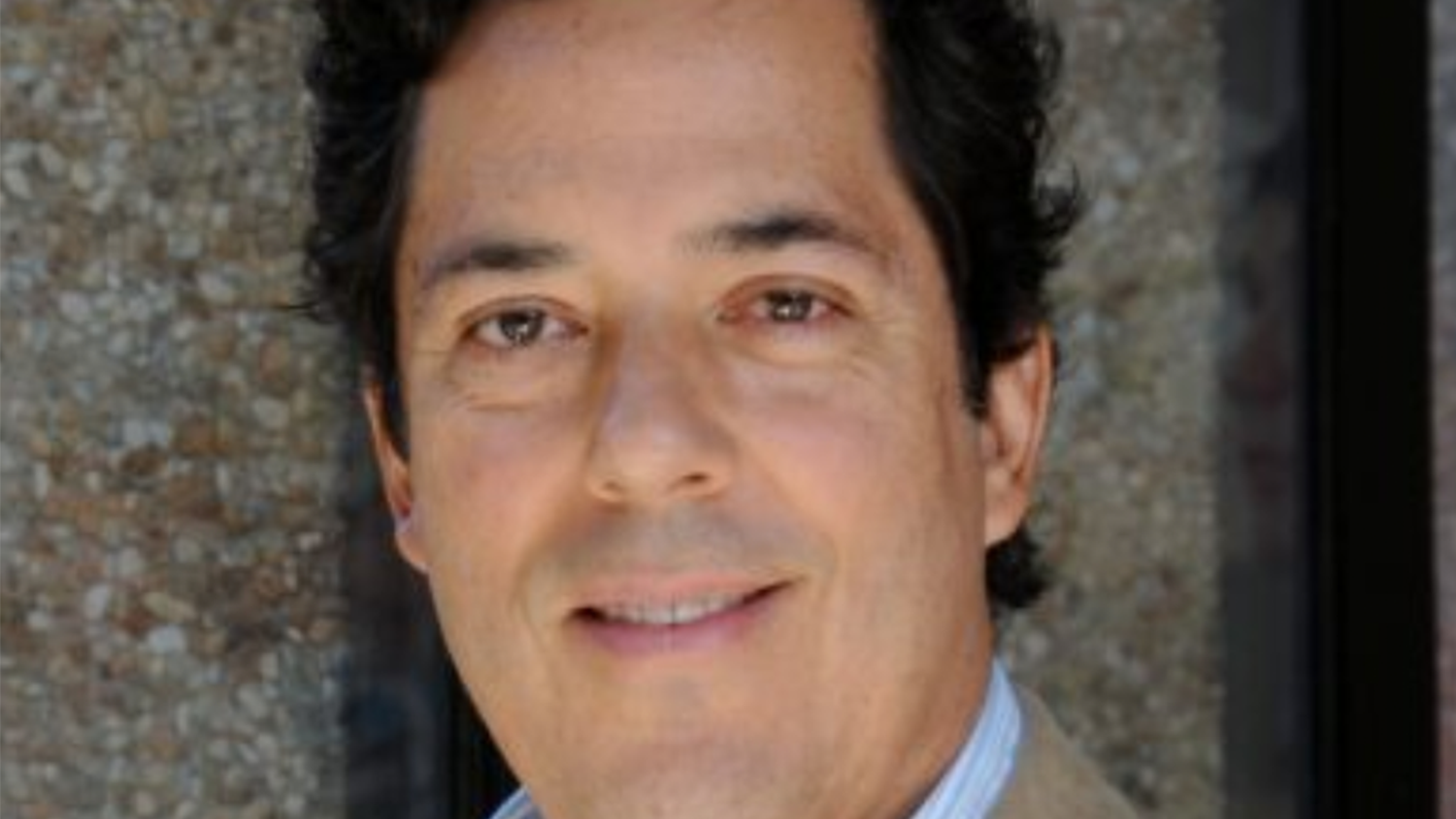Associate Professor Cesar Delgado: ‘It is Very Satisfying to Have a National Impact on STEM Pre-service Teacher Education’

From the time he was a child, NC State College of Education Associate Professor Cesar Delgado, Ph.D., was fascinated by the concept of infinity and by the idea of the existence of objects that are too small to perceive, yet can impact lives.
That fascination has persisted into his career, where he has spent years researching students’ knowledge and learning of the magnitude of variables, including spatial and temporal scale.
“I love that scale is at the interface of science and math and that technology is required to both scientifically study and learn about very small and very large phenomena,” Delgado said. “Representing sizes requires math skills, thus scale is an integrated STEM topic.”
Delgado has authored and co-authored studies on students’ understanding of size and scale and on interdisciplinary learning and assessment, modeling and multimodal representation that have been published in top-ranked science education journals.
One of the projects he said he is most proud of, however, was his involvement in designing and teaching a curriculum on size and scale at a free summer camp for middle and high school students from a high-poverty school district.
The project-based curriculum made use of microscopes, computer simulations and models to help secondary students better understand the size of objects like atoms, viruses and cells. The curriculum resulted in statistically and educationally significant gains for students who attended the summer camp, with those students outperforming their peers in the same district and closing the achievement gap with private school students by the end of the session.
“Designing, implementing and rigorously evaluating the curriculum was a great learning experience, in which I became intimately familiar with project-based learning and also was able to support equity and access in STEM education,” he said.
In addition to promoting a better understanding of science concepts among K-12 students, Delgado has also been instrumental in developing materials to prepare pre-service STEM educators. He authored materials used in the UTeach course, which emphasizes deep understanding of STEM content, practices and pedagogy for pre-service teachers, along with a strong connection between theory and practice.
The materials, which are currently used in 45 universities in 21 states and the District of Columbia, were designed to be student-centered and to model innovative pedagogy based on constructivist learning theory, Delgado said.
“It is very satisfying to have a national impact on STEM pre-service teacher education. I hope that the use of theory and modeling constructivist instruction influences future teachers as much as the content of the course,” he said.
Delgado uses a constructivist approach to guide his teaching methods within the College of Education, encouraging students to build knowledge through active exploration, collaborative sense-making and relevant problem solving.
He has also been involved in designing core courses for the college’s doctorate and master’s degree programs in the college’s Department of STEM Education. He is currently working with the university’s Online Course Improvement Program to improve EMS 573: Design of Tools and Learning Environments in STEM Education, which is one of the core courses in the master’s program. The changes will enable students to have better guidance and an easier to navigate online space to support their learning.
“I believe that course designs or redesigns are critical opportunities to affect future generations of teachers and researchers in STEM education, and feel privileged to have contributed to these efforts,” Delgado said.
Delgado is currently working on a project with several other College of Education faculty to examine how educators can use a sense of awe to increase students’ interests and motivation in learning science concepts. The project is sponsored by a Catalyst Grant, awarded as part of a program to increase research collaborations between faculty and staff at the Friday Institute for Educational Innovation and the College of Education.
In the future, he said he is hoping to collaborate with colleagues in the College of Design and the College of Engineering to design a virtual reality environment for learning about scale that allows students to interact with 3D models and studies STEM learning, embodied cognition and VR learning.
- Categories:


